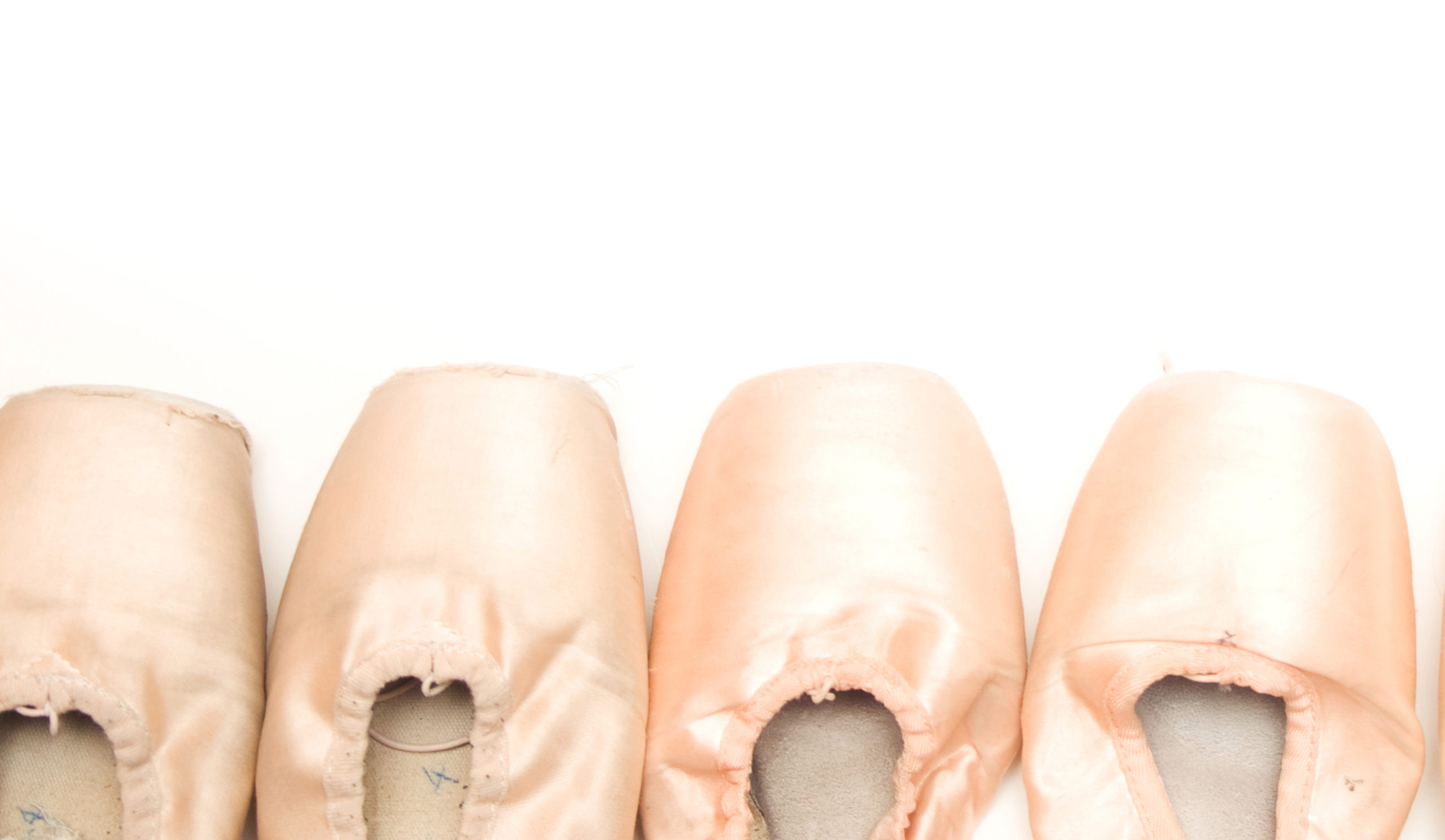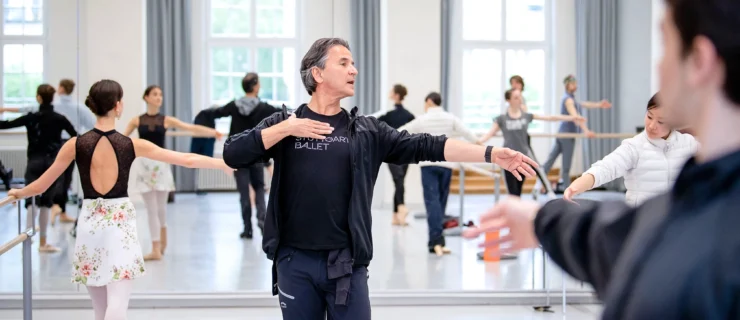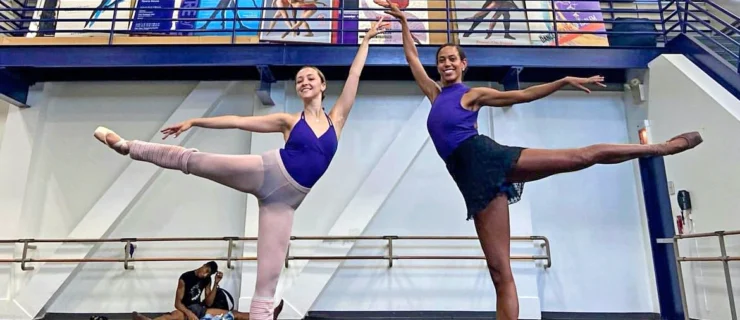Conquering Criticism
Once when Kathleen Breen Combes was a teenager, she found herself crying when her coach was particularly hard on her during a Nutcracker rehearsal. “Tears were rolling down,” recalls the Boston Ballet soloist. “Then the day before the show, the coach said I should tell all my teachers to make me cry because it made me dance better.”
Sometimes criticism can hurt, but dancers are expected to accept and learn from it anyway. “In ballet, you need to develop very advanced coping skills at a young age,” says Caroline Silby, PhD, a sports psychologist who is on the medical advisory board at American Ballet Theatre. Students struggling to distinguish between constructive and destructive criticism need to learn how to focus on what’s factual and valuable in what’s being said—it’s a skill that will serve them for a lifetime.
Most corrections during ballet class fall into the category of constructive criticism. Ideally, a correction should be given in a positive way, with suggestions for improvement rather than simply remarks on what’s wrong. For instance, instead of “You don’t turn out enough,” a teacher might say “You should work on rotating your hips more consistently; here’s how to do it.”
Yet some teachers don’t frame their corrections so positively. A dancer can’t change how a teacher gives corrections, but she can work on receiving them productively. “Take it in a factual way, not reading too much into it,” Silby recommends. “Acknowledge your mistake, turn it into something you can address and then take action.”
“Ask yourself ‘What do I need here so that my dancing improves?’” says Harlene Goldschmidt, PhD, a psychologist who works as director of arts education and wellness for the New Jersey Dance Theatre Ensemble. Goldschmidt calls this process “reframing.” It helps the dancer focus on the specific steps she needs to take. “On a daily basis there are a lot of things that you can control,” says Silby. “Focus on a task, such as improving your turnout, rather than an outcome, such as getting a part.”
Maintaining that positive approach makes it easier to accept constructive criticism. Silby suggests keeping track of your daily successes, both large and small. “Each night for a week, write down three things that went well and what you did to contribute,” she advises. Acknowledging strengths and accomplishments bolsters confidence, which you need as you strive to improve.
Combes was able to extract constructive criticism even from the coach who reduced her to tears, but sometimes a teacher or coach’s negative attitude may get in the way of your training and performance. When criticism seems to cross a line to the point of abuse, try to maintain control over the situation no matter what you decide to do. “Don’t get to the point where you feel helpless,” Silby says. Keep in mind that you have options, and try to step back a little as you weigh them.
If a situation is unlikely to change, it may be necessary to leave a school or company. Before you decide, make a list of positives and negatives, and see what the trade-offs are. “Ask yourself if the teacher is helping you become a better dancer,” says Goldschmidt. “Can you put aside the put-downs?”
At the time that she broke down in rehearsal, Combes felt hurt by her coach. Looking back, she sees the incident in a different light. “I don’t believe she was picking on me. I think she had my best interests in mind. In hindsight, I probably got frustrated with myself for not being able to immediately do it the way she wanted.”
Jennifer Brewer is a dancer, teacher and writer in Maine.





